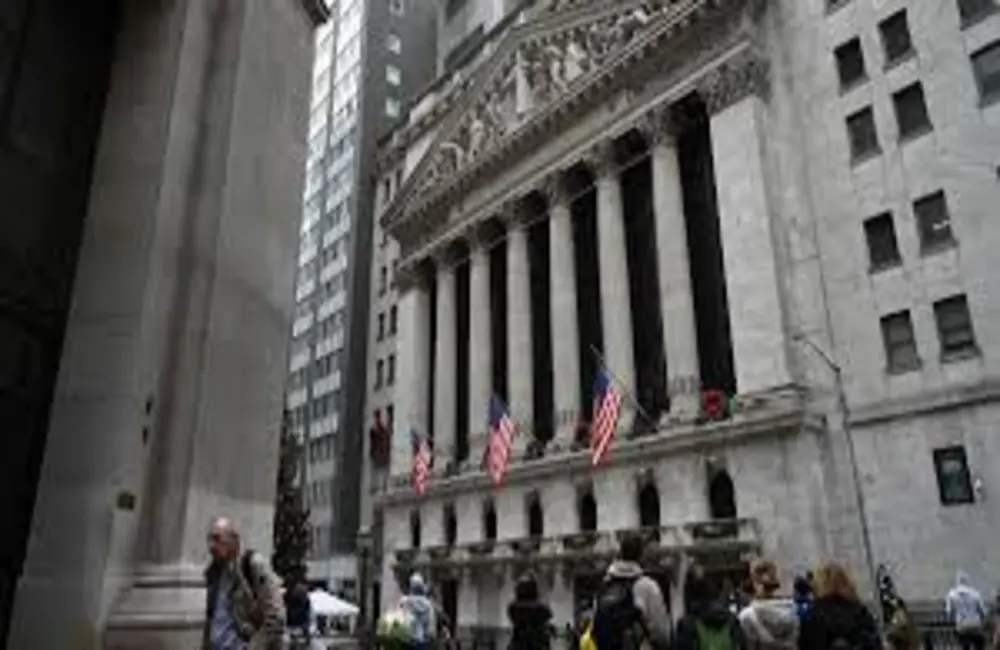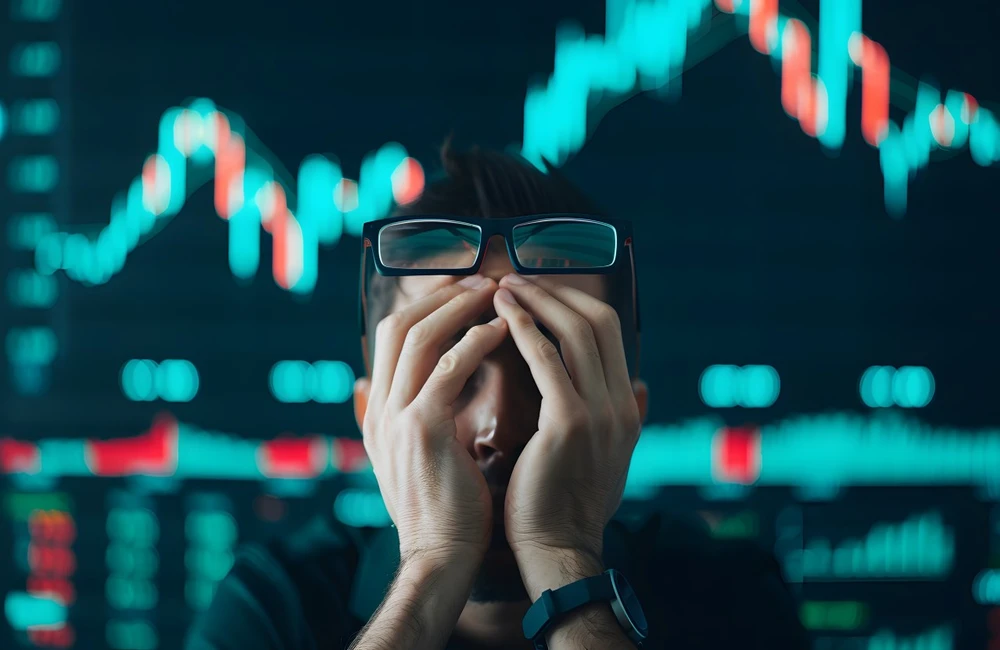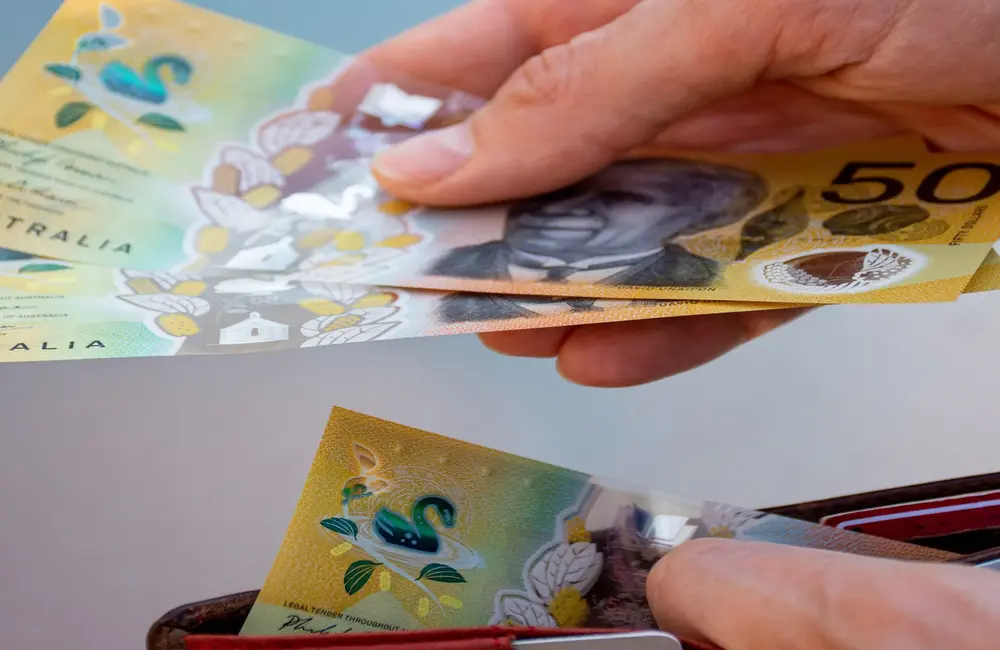ASX futures were up 22 points or 0.29% as of 8:00am on Friday, pointing to a gain at the open. The S&P 500 and the Nasdaq Composite climbed on Thursday, powered by big technology stocks, as the Federal Reserve's decision to slow the pace of interest rate hikes fueled investors' hopes that the central bank could pivot to cutting rates later this year. The S&P gained 1.47% while the tech-focused Nasdaq Composite jumped 3.25%. The Dow Jones Industrial Average was the laggard, falling 0.11%. ASX futures were up 22 points or 0.29% as of 8:00am on Friday, pointing to a gain at the open. The S&P 500 and the Nasdaq Composite climbed on Thursday, powered by big technology stocks, as the Federal Reserve's decision to slow the pace of interest rate hikes fueled investors' hopes that the central bank could pivot to cutting rates later this year. The S&P gained 1.47% while the tech-focused Nasdaq Composite jumped 3.25%. The Dow Jones Industrial Average was the laggard, falling 0.11%. Yields on Australian government bonds edged lower, with the 2 Year falling to 3.09% and the 10 Year declining to 3.54%. US Treasury note yields also declined, with the 2 Year dipping to 4.10% and the 10 Year slipping to 3.40%. The Australian dollar edged lower to 70.79 US cents from its previous close of 71.35. The Wall Street Journal Dollar Index, which tracks the US dollar against 16 other currencies, was slightly higher at 94.77.
Asia
Chinese shares ended mixed after a broadly positive start to the day that was driven by the Fed's interest rate decision overnight. Despite shares finishing on a mostly downbeat note, Stephen Innes, managing partner at SPI Asset Management, said investors remain optimistic toward the Chinese market in the longer run. He reckons that the recent rally has further to go, with a "retail crowd savings splurge driving the next leg up in equities." Securities and brokerage stocks, as well as some consumer companies, were among the day's losers. Citic Securities dropped 3.0% and Midea Group ended 2.8% lower. Pharmaceutical companies and food producers gained. WuXi AppTec and Wuliangye Yibin both added 1.2%. The Shanghai Composite Index ended flat at 3285.67, the Shenzhen Composite Index dropped 0.1% and the ChiNext Price Index was 0.4% lower. Hong Kong's Hang Seng Index closed 0.5% lower at 21958.36, pulling back from early gains that came after Fed Chairman Jerome Powell's comments that inflation has started to ease. Investors will likely look to the coming earnings season for further cues. Decliners included Country Garden Services, down 6.0%, Xinyi Solar, dropping 4.2%, and Geely Automobile, off 3.3%. Sunny Optical was among the gainers on the index, rising 4.3%. Japanese shares finished slightly higher, led by gains in electronics and tech stocks after the Fed slowed its pace of tightening. Hitachi climbed 4.5%, Ibiden rose 2.5% and Shibaura Mechatronics was up 1.4%. Mitsubishi Electric added 2.7% after its Q3 net profit beat the Y54.36 billion expected in a poll of analysts by S&P Global Market Intelligence. The Nikkei Stock Average closed 0.2% higher at 27402.05. India's benchmark Sensex index closed 0.4% higher at 59932.24, supported by gains in bank shares. "Following the announcement of Union Budget and the Fed slowing down the rate of interest hikes to 25 bps, volatility is still expected in the markets," ICICI analysts said in a note. IndusInd Bank advanced 3.2%, Kotak Mahindra Bank added 0.9% and Axis Bank rose 1.1%. Housing Development Finance Corp. ended 1.8% lower, despite posting a higher Q3 net profit. Dabur India declined 1.4% after its Q3 net profit fell on year, partly due to higher total expenses. Developments related to the Adani group remain closely watched, as total market value losses for the seven Adani companies reached more than $100 billion since Jan. 24.
Europe
European stocks rose after the European Central Bank and the Bank of England raised interest rates by 0.5 percentage points, though banking shares fell. The pan-European Stoxx Europe 600 and the French CAC 40 gained 1.3% while the German DAX advanced 2.2%. "After the Fed and the Bank of England both hinted at being close to the peak in their cycles, today's meeting suggests that the European Central Bank is also close to the end of its monetary tightening," Aviva Investors Senior Portfolio Manager Steve Ryder wrote. "We believe this peak tightening backdrop will continue to reduce volatility in government bonds over the coming months and make for an attractive income opportunity." The FTSE 100 index of Great Britain closed Thursday up 0.76%, with stocks taking the front foot despite rate hikes from the Bank of England. UK domestic stocks in particular benefited from the prospect that a lackluster 2023 might bring potentially swifter actions from the central bank, IG Group PLC senior market analyst Joshua Mahony said in a market comment. Rising interest rates and elevated prices have certainly brought significant hurdles for the UK economy to overcome, but that will force the bank to take swift action, and there is growing confidence that inflation has peaked, according to Mahony. "While the central bankers will focus on the innate risks ahead for the economy, market price action brings clear confidence that this is the time to buy the dip ahead of the rip," Mahony said.
North America
The S&P 500 and the Nasdaq Composite climbed on Thursday, powered by big technology stocks, as the Federal Reserve's decision to slow the pace of interest rate hikes fueled investors' hopes that the central bank could pivot to cutting rates later this year. The S&P gained 1.47% while the tech-focused Nasdaq Composite jumped 3.25%. The Dow Jones Industrial Average was the laggard, falling 0.11%. Alphabet and Amazon.com posted gains of more than 5%. Both were scheduled to report earnings after the closing bell. Facebook parent Meta Platforms, which reported quarterly results late Wednesday, zoomed 23% higher after it gave an upbeat outlook for the coming year and said it would buy back an added $40 billion in shares. The Fed on Wednesday lifted its benchmark federal funds rate by a quarter-percentage point, its smallest increase since it kicked off an aggressive monetary tightening campaign last March. That sent stock indices climbing and US government bond yields falling. After enduring in 2022 the fastest pace of interest rate increases since the 1980s, investors are now hopeful that the Fed has turned a corner. Derivatives markets show that many are betting that the central bank will begin cutting interest rates this year. That wager helped riskier assets extend their recent gains. The Nasdaq is up roughly 16% year to date as of Thursday afternoon. That's the best performance through Feb. 2 for the tech-focused index since 1975. Markets were also buoyed Thursday by fresh economic data. US jobless claims, a proxy for layoffs, showed continued resilience in the labor market, even amid layoff announcements in tech and other industries. Claims fell by 3,000 to a seasonally adjusted 183,000 last week, hitting their lowest level since April 2022. Meanwhile, Labor Department data showed slowing wage growth, a sign that inflation may be easing. Unit-labor costs, a key measure of wages, rose 1.1% in the fourth quarter--down from a 2% rate in the third quarter and less than the 1.5% gain expected by economists. The market's exuberance spread to Bed Bath & Beyond, the struggling home-goods retailer whose shares are popular with meme-stock investors. The company's shares surged 17% a day after it confirmed missing interest payments on its bonds. In comments Wednesday, Fed Chair Jerome Powell reiterated his previous stance that the fight against inflation is not over, and that officials will need to keep rates higher for longer. Still, investors largely shook off those comments, extending a disconnect in recent months between the Fed's messaging and the reaction of financial markets.

























